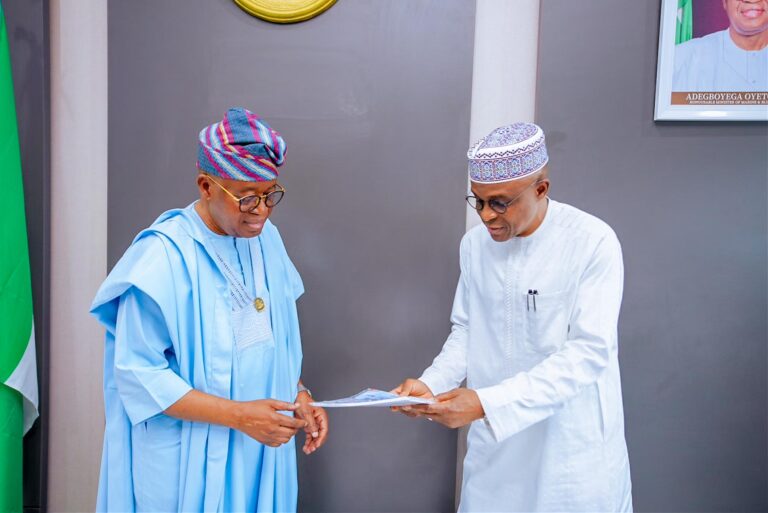The Association of Nursery Primary Education in Nigeria (ANPEIN) has declared that the country’s education has deteriorated to a pitiable and sorry state due to refusal of the Nigeria government to pay the needed attention to the needs of teachers and the sector.
During the online symposium, members of the ANPEIN made similar submissions during an Independence Anniversary Symposium held in Lagos and proffered possible solutions as measures to move the education sector of Nigeria forward and to ameliorate the plights of the stakeholders of the private genre of the industry.
The online symposium, which started with the recitation of very prayerful stanza two of the Nigeria National Anthem, had various members of ANPEIN and some dignitaries participating, while guest speakers were invited to speak at the occasion.
Some of the suggestions or nuggets thrown forward by the first speaker and National President of the Association, Fowowe Simeon Sunday, said: “Not until the children of the rich and the influential begin to pick up teaching appointments, the teaching profession in Nigeria will never be lucrative. Not until teachers are graded and promoted based on performance vis-a-vis the performance of their learners, we may never get it right in this country, education wise.
“Not until appointment of teachers at all levels is based on merit and other skills, apart from what they learn in schools, our educational system may not recover from it’s sickness; not until richer education programme in Nigeria is fully founded and the recipient’s (pre-service teachers) are given full scholarship as it is done by COMPASS in some colleges – Kano, Lagos and Nasarawa between 2005-2008, teachers’ training institutes will never attract good hands.
“Not until the educationally inclined chief executive is appointed to man Teachers training Institutes, the products from there will be questionable. Not until the right educators (caregivers) are employed to take charge of our Pre-Schools, the foundation of our educational system, we will never get it right. Not until government triples its effort in supporting private schools, by giving them loans payable for at least 20years with strict monitoring, the
Children of the poor will continue to suffer, because the available public schools cannot accommodate the intimidating population of Nigeria Children.
“Not until teachers at all levels are treated like Kings and Queens, just like their counterparts in other sectors, the society and International partners will not regard teachers.”
The group urged stakeholders to continue to give their best why hoping for better days to come, declaring that the level of neglect in the private schools where majority of Nigerian students are assessing education was alarming and worrisome and required urgent attention as the only sine qua non.
The second speaker, Mrs. Ola- Alani Eniola Keji, from the University of Ilorin, who doubles as the State Coordinator of Osun Chapter, admonished stakeholders to help government to achieve in the area of education by teaching what could sustain the country’s future, adding that some of the challenges facing education include poor funding, poor educational infrastructure, inadequate classrooms, teaching aids (projectors, computers, laboratories and libraries), paucity of quality teachers and poor learning environment.
“In addition to these inadequacies, our school system is plagued with numerous social vices such as examination malpractices, cultism, hooliganism and corruption,” she added.
The Academic Staff Union of Universities (ASUU) argued that for meaningful development to take place in the educational sector, the Federal Government need to re-address the issue of funding just as private educational investors, teachers, parents/guidance and students need a reorientation towards achieving better goals of education.
Its leadership stressed that education must be made affordable for all and sundry, insisting that the current monolistic approach to knowledge acquisition must be changed.
“Technical education and innovation/ adaptation centres must be encouraged and well funded, if Nigeria must move out of this present technological and scientific dependence. Government and the organised private sector must fund research programmes, inventions and mass production of invented products,” it added.
 The New Experience Newspapers Online News Indepth, Analysis and More
The New Experience Newspapers Online News Indepth, Analysis and More
